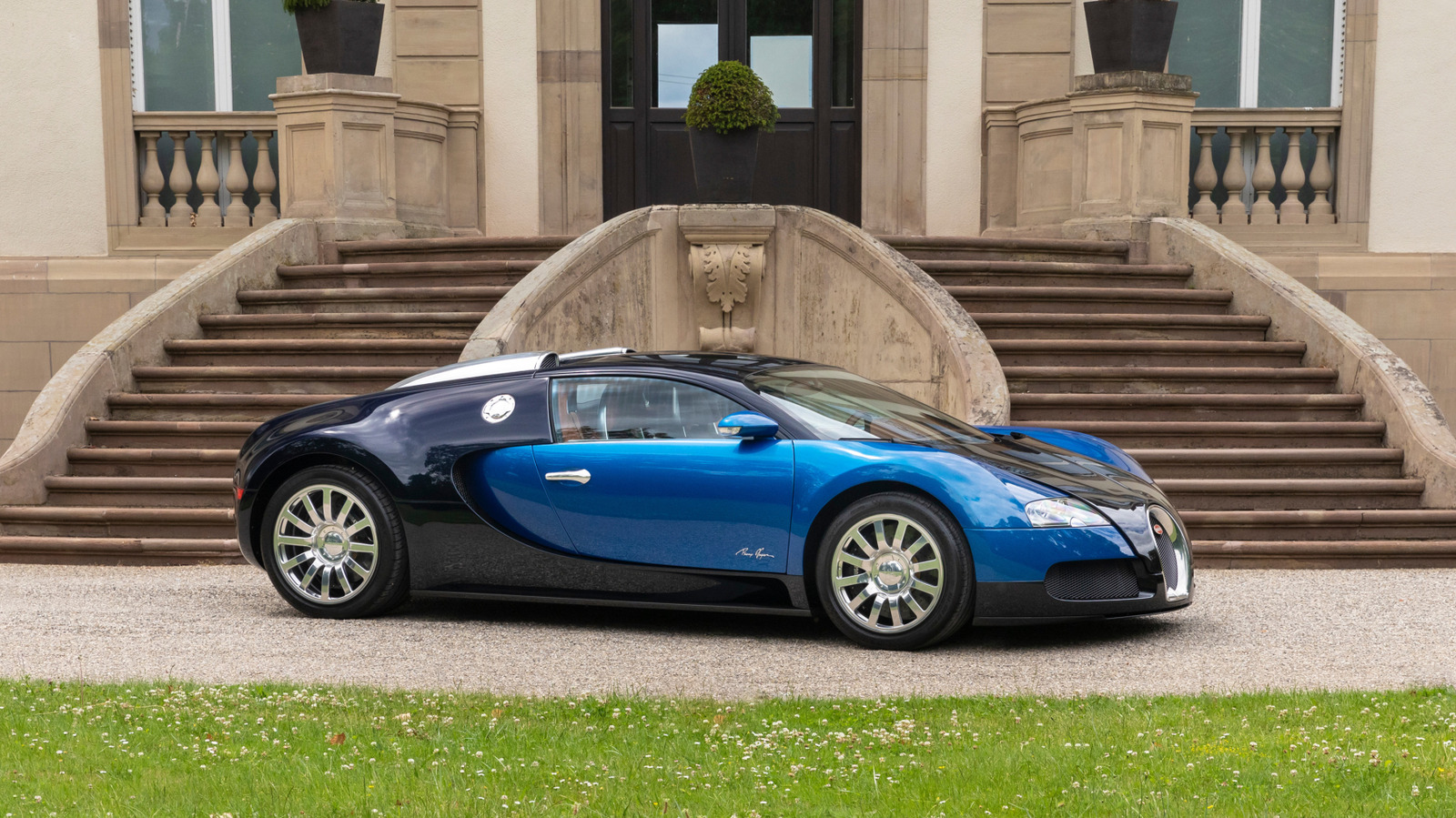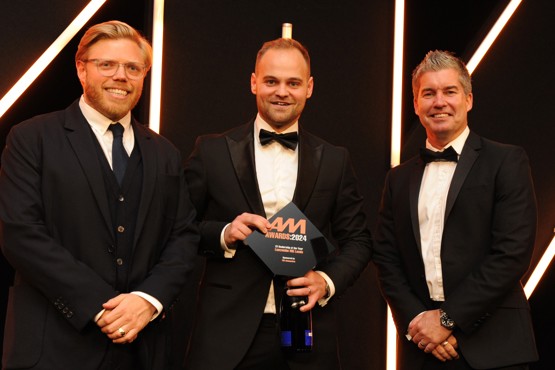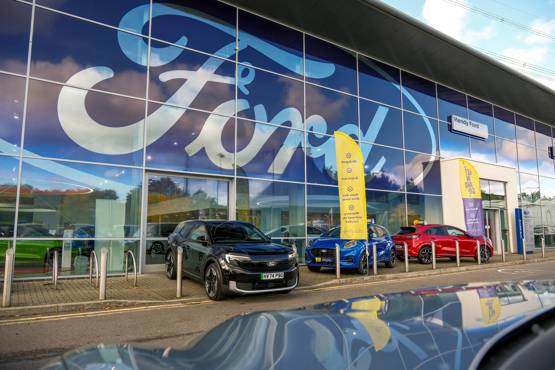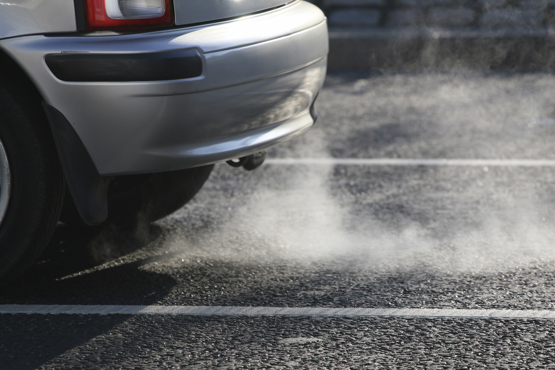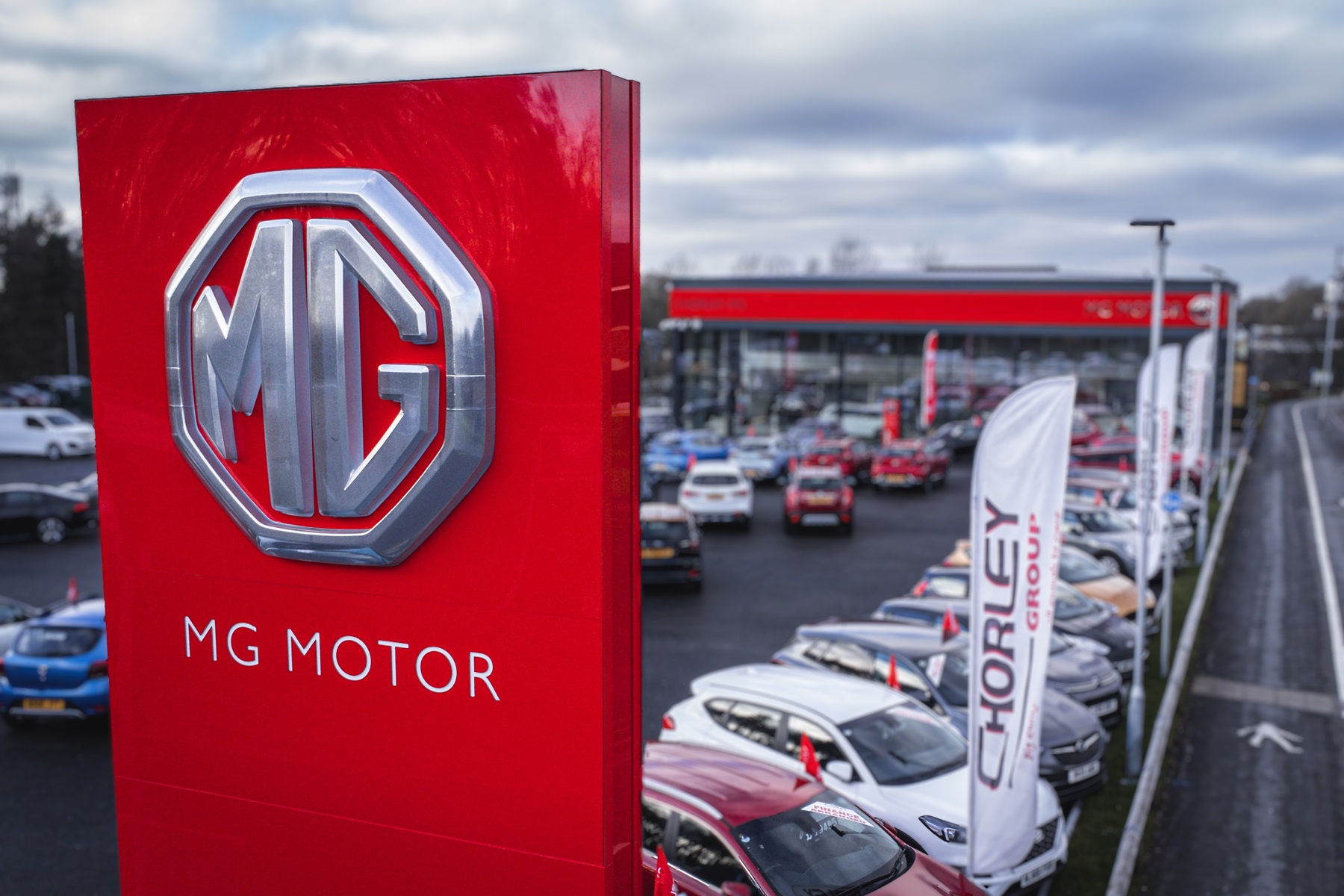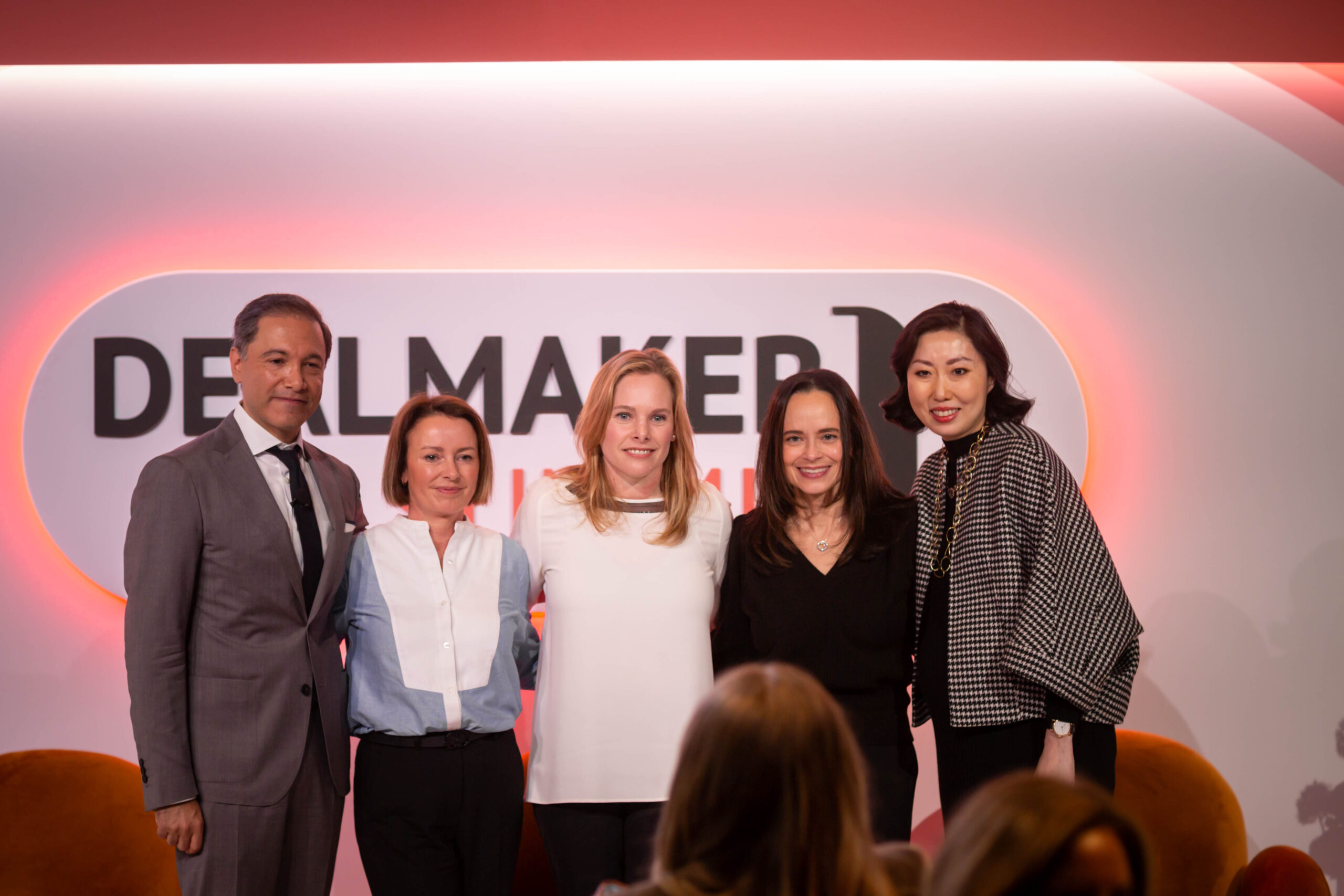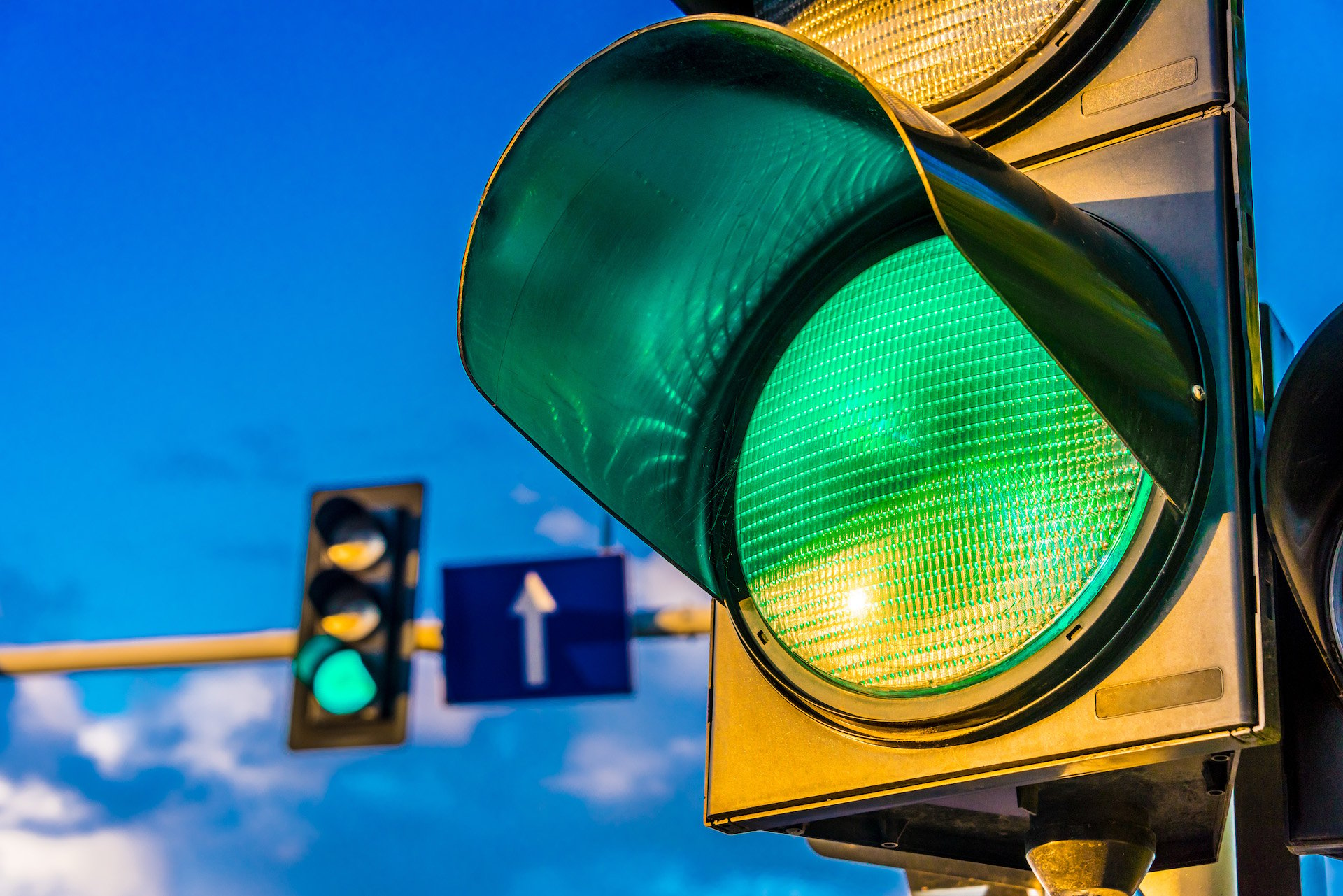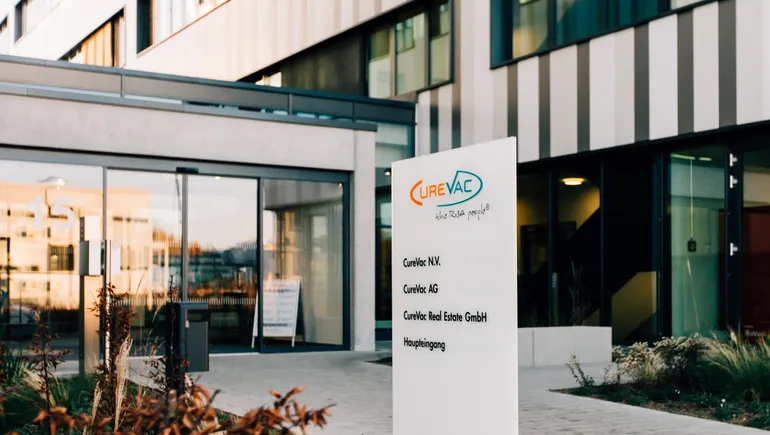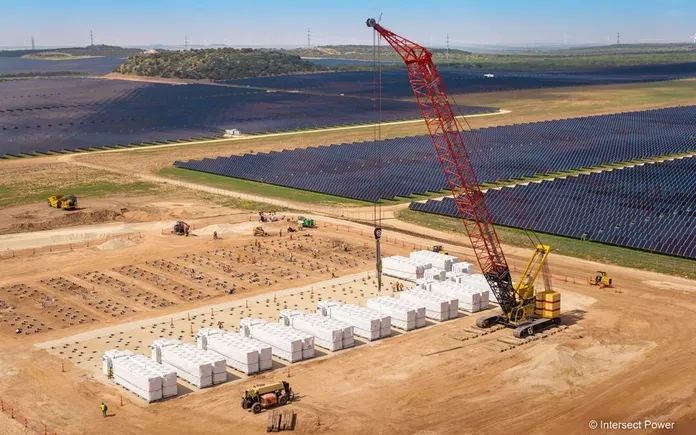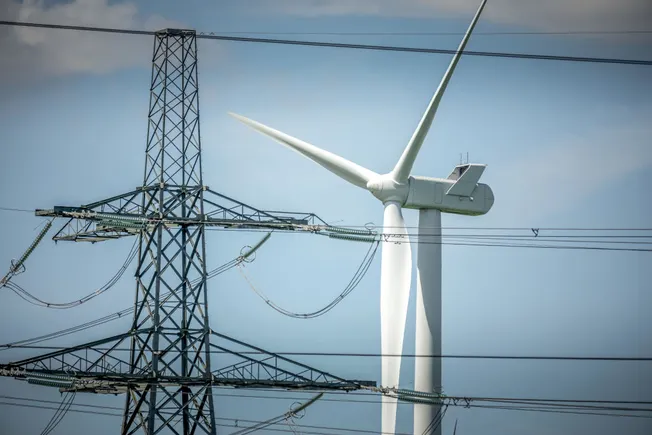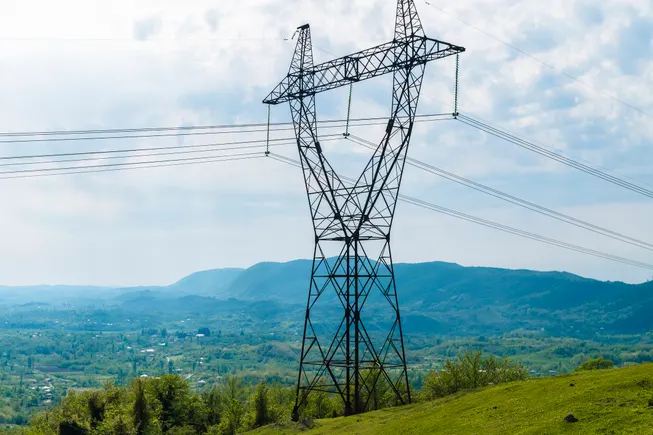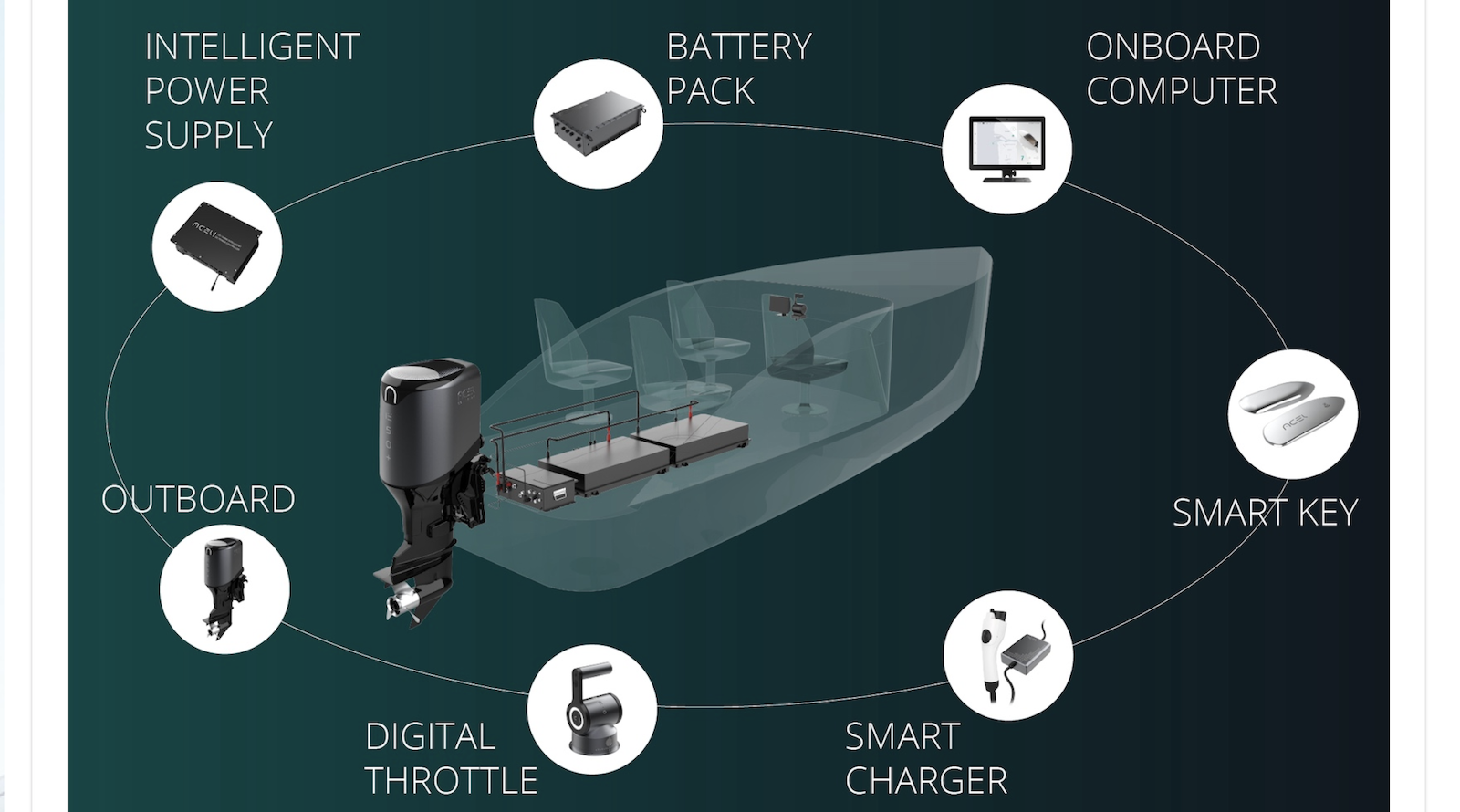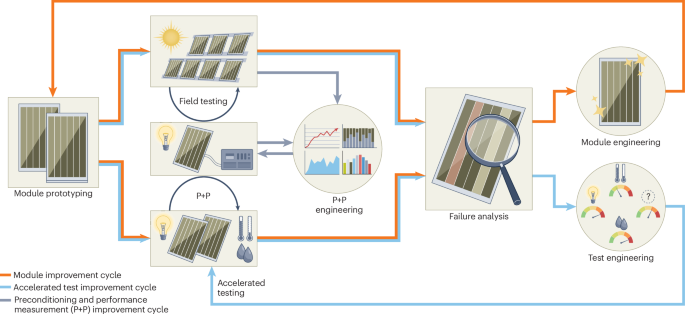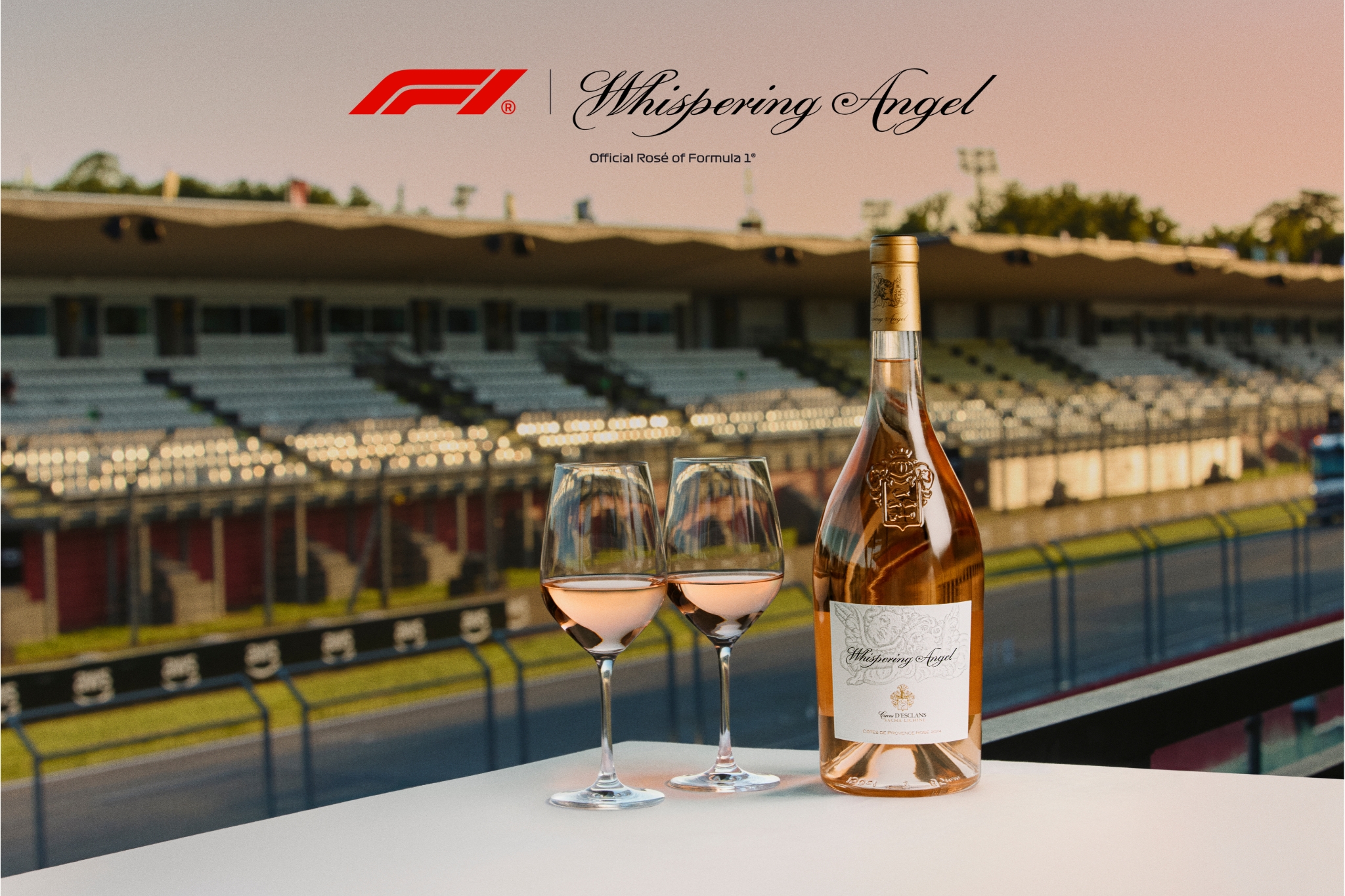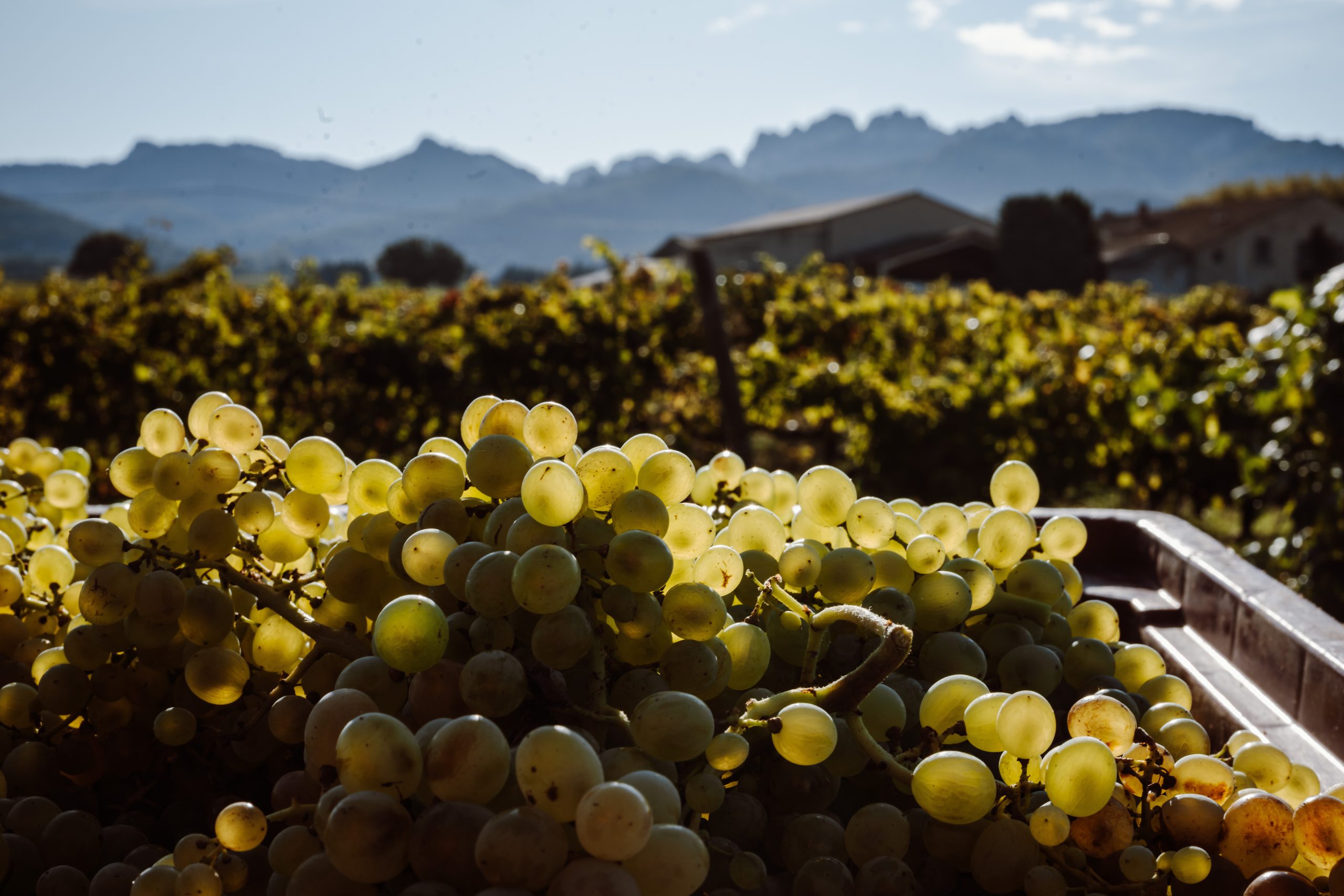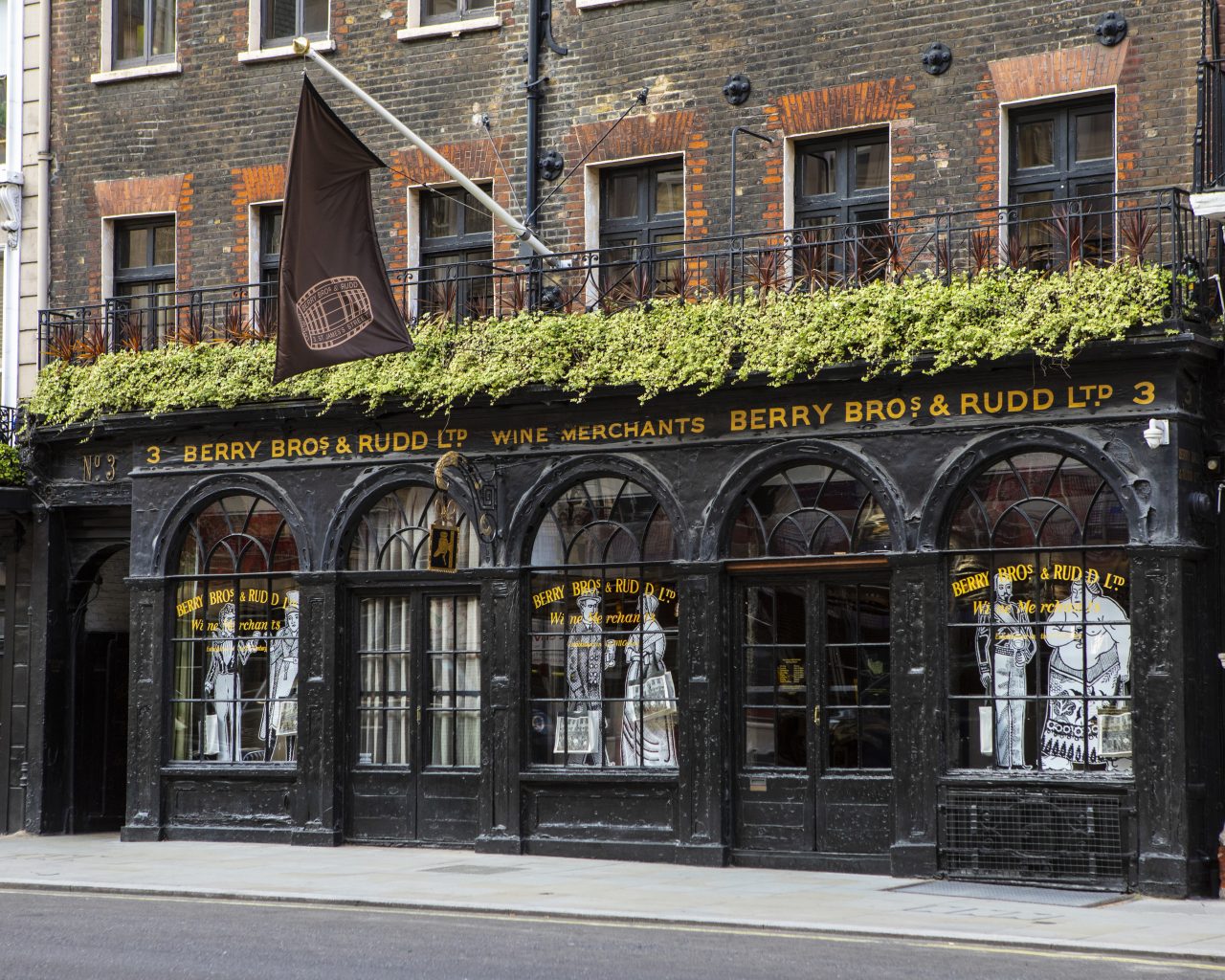Treasury Wine Estates has launched a dealcoholisation plant in the Barossa Valley to increase capacity for its low‑ and no‑alcohol brands and introduce a new 8 % ABV Sorbet range.
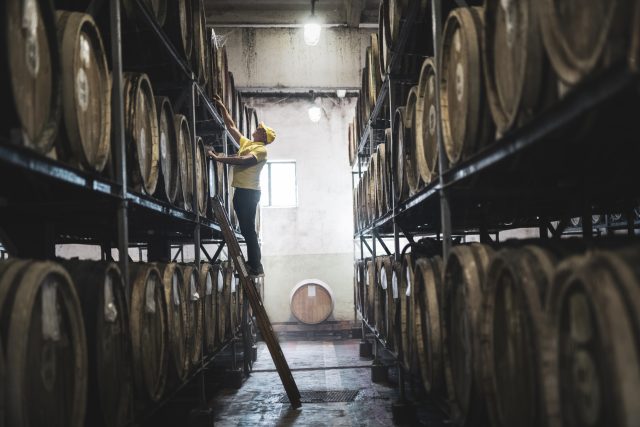
Treasury Wine Estates (TWE) has unveiled a purpose‑built, A$15 million (€9.8 m) facility in South Australia’s Barossa Valley dedicated to producing its next generation of low‑ and no‑alcohol wines. After more than two years in development, the site incorporates state‑of‑the‑art dealcoholisation equipment alongside patent‑pending processes that preserve the delicate aromatic compounds often lost during alcohol removal.
TWE’s Kerrin Petty, chief supply and sustainability officer, commented: “This state‑of‑the‑art technology and proprietary process for de‑alcoholisation is our latest step in building a hub of innovation, technology and sustainability in the Barossa Valley, where we’ve been crafting wine to delight consumers for more than a century.”
Next‑generation NOLO wines for established and emerging brands
The new facility will support the production of low‑ and no‑alcohol wines across TWE’s global portfolio, including key brands such as Squealing Pig, Pepperjack, Matua, 19 Crimes, Lindeman’s and Wolf Blass.
Group winemaker Toby Barker added: “Blending our winemaking credentials with customised technology helps us create great‑tasting wine that has less alcohol, or none at all. The complex interaction of aromas and flavours that reflect people and place is part of the joy of wine.”
Sorbet: an 8 % ABV range for a new generation
A new brand, Sorbet, is set to launch in October in partnership with Endeavour Group (retailers of Dan Murphy’s and BWS). Featuring a blend of Prosecco, Rosé, Sauvignon Blanc and Shiraz infused with passionfruit, mango and lemon, Sorbet will deliver lower‑alcohol alternatives at 8 % ABV.
Leigh Firkin, head of commercial wine at Endeavour Group, commented: “The new Sorbet range is a high quality, diversified selection of lower‑alcohol wine that responds to consumers wanting refreshment in their drink. For consumers, the artisanal nature of wine needs to be reflected in lower‑alcohol alternatives as much as full‑strength versions – and that comes through with a fresh take on classic varietals in Sorbet.”
Market trends
Research from IWSR forecasts a compound annual growth rate of around 5 % in the low‑ and no‑alcohol wine sector between 2024 and 2028. Around 50 % of wine consumers are actively reducing their alcohol intake, yet taste remains the principal barrier to switching.
Sarah Parkes, general manager of global premium sales and marketing, emphasised the issue: “Flavour has historically been a barrier for wine drinkers exploring a no or low alcohol alternative – this technology has helped us solve the flavour puzzle, and it’s had outstanding feedback from consumers so far. With award‑winning low and no alcohol wines already under our belt, we’re looking forward to sharing this next generation of great‑tasting wines with consumers from next month.”
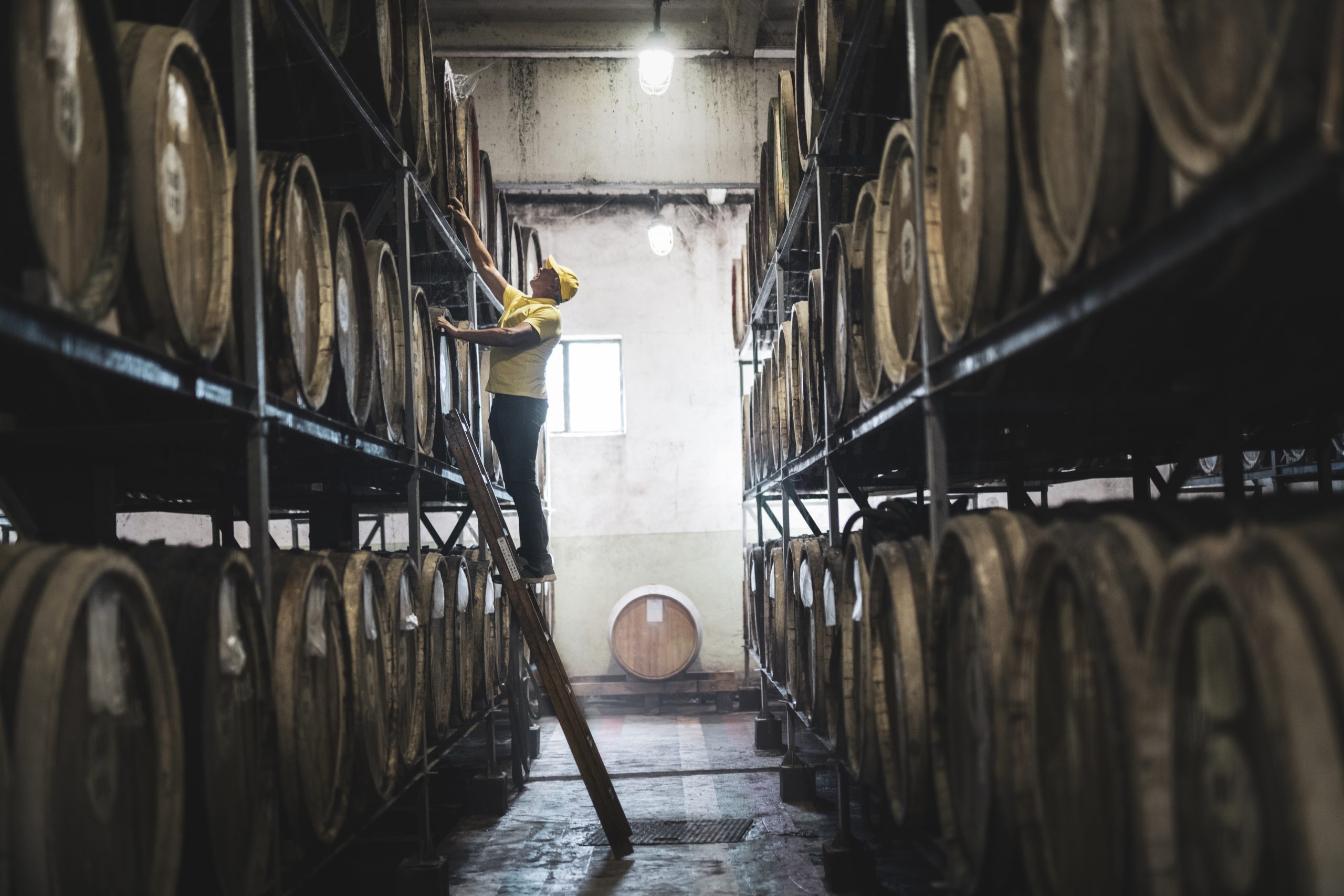
 Treasury Wine Estates (TWE) has unveiled a purpose‑built, A$15 million (€9.8 m) facility in South Australia’s Barossa Valley dedicated to producing its next generation of low‑ and no‑alcohol wines. After more than two years in development, the site incorporates state‑of‑the‑art dealcoholisation equipment alongside patent‑pending processes that preserve the delicate aromatic compounds often lost during alcohol removal.
TWE’s Kerrin Petty, chief supply and sustainability officer, commented: “This state‑of‑the‑art technology and proprietary process for de‑alcoholisation is our latest step in building a hub of innovation, technology and sustainability in the Barossa Valley, where we’ve been crafting wine to delight consumers for more than a century.”
Treasury Wine Estates (TWE) has unveiled a purpose‑built, A$15 million (€9.8 m) facility in South Australia’s Barossa Valley dedicated to producing its next generation of low‑ and no‑alcohol wines. After more than two years in development, the site incorporates state‑of‑the‑art dealcoholisation equipment alongside patent‑pending processes that preserve the delicate aromatic compounds often lost during alcohol removal.
TWE’s Kerrin Petty, chief supply and sustainability officer, commented: “This state‑of‑the‑art technology and proprietary process for de‑alcoholisation is our latest step in building a hub of innovation, technology and sustainability in the Barossa Valley, where we’ve been crafting wine to delight consumers for more than a century.”











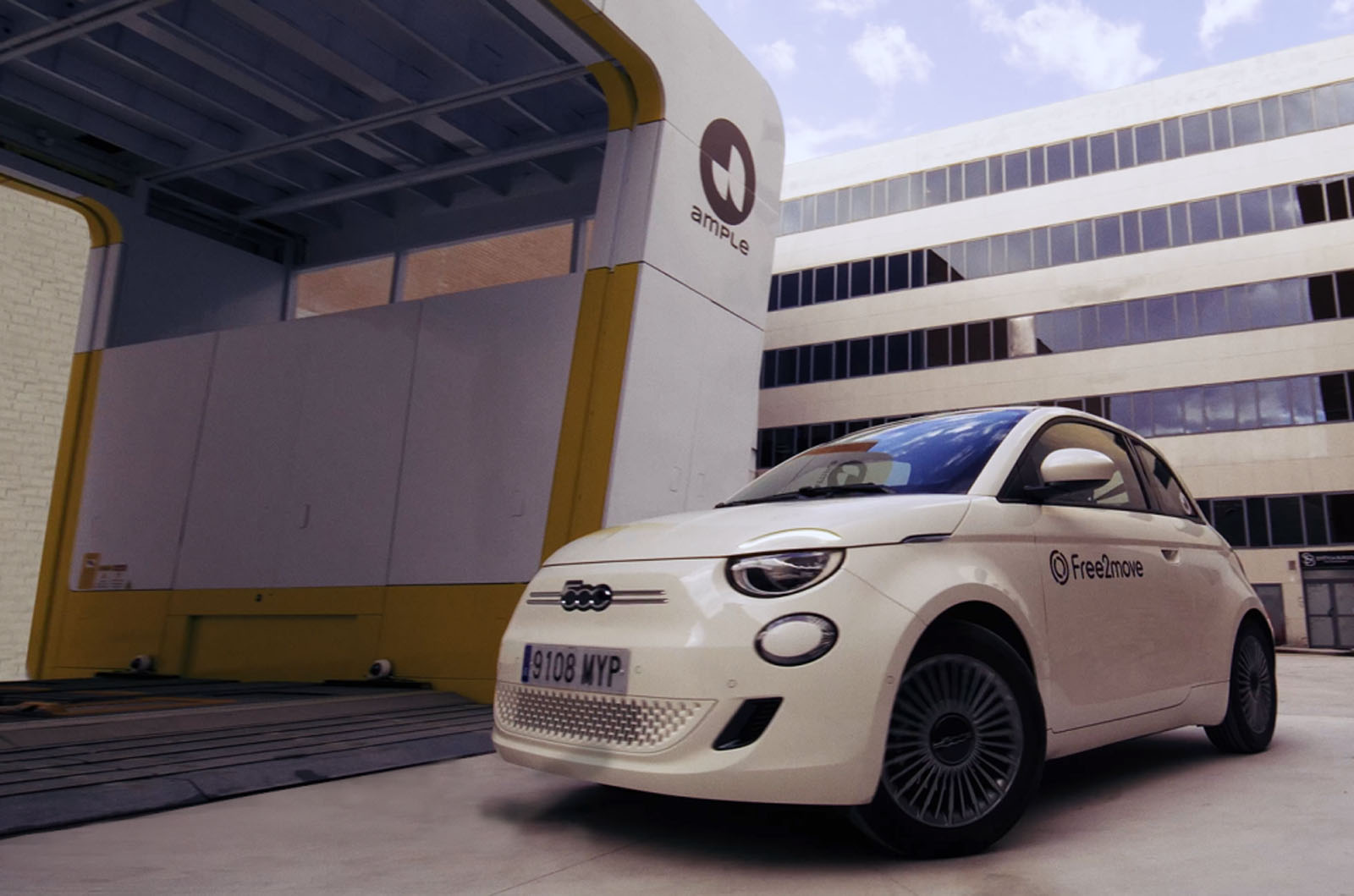












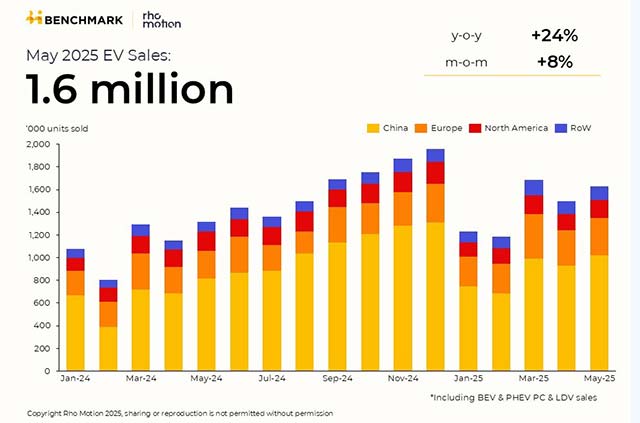

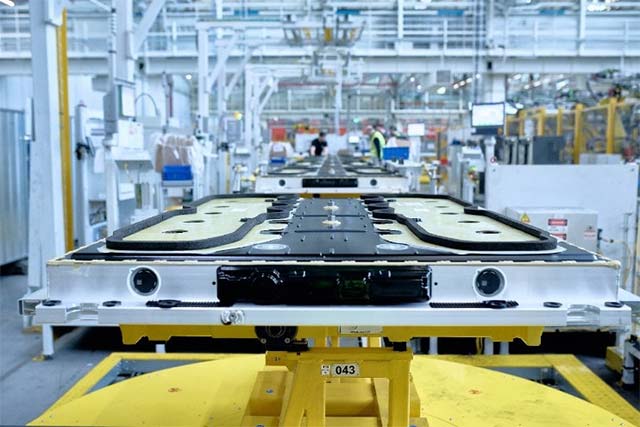
![Air India Boeing 787 Crashes Just After Takeoff, Killing Over 200 People [Update]](https://www.jalopnik.com/img/gallery/air-india-boeing-787-crashes-just-after-takeoff-killing-over-200-people-update/l-intro-1749822284.jpg?#)
